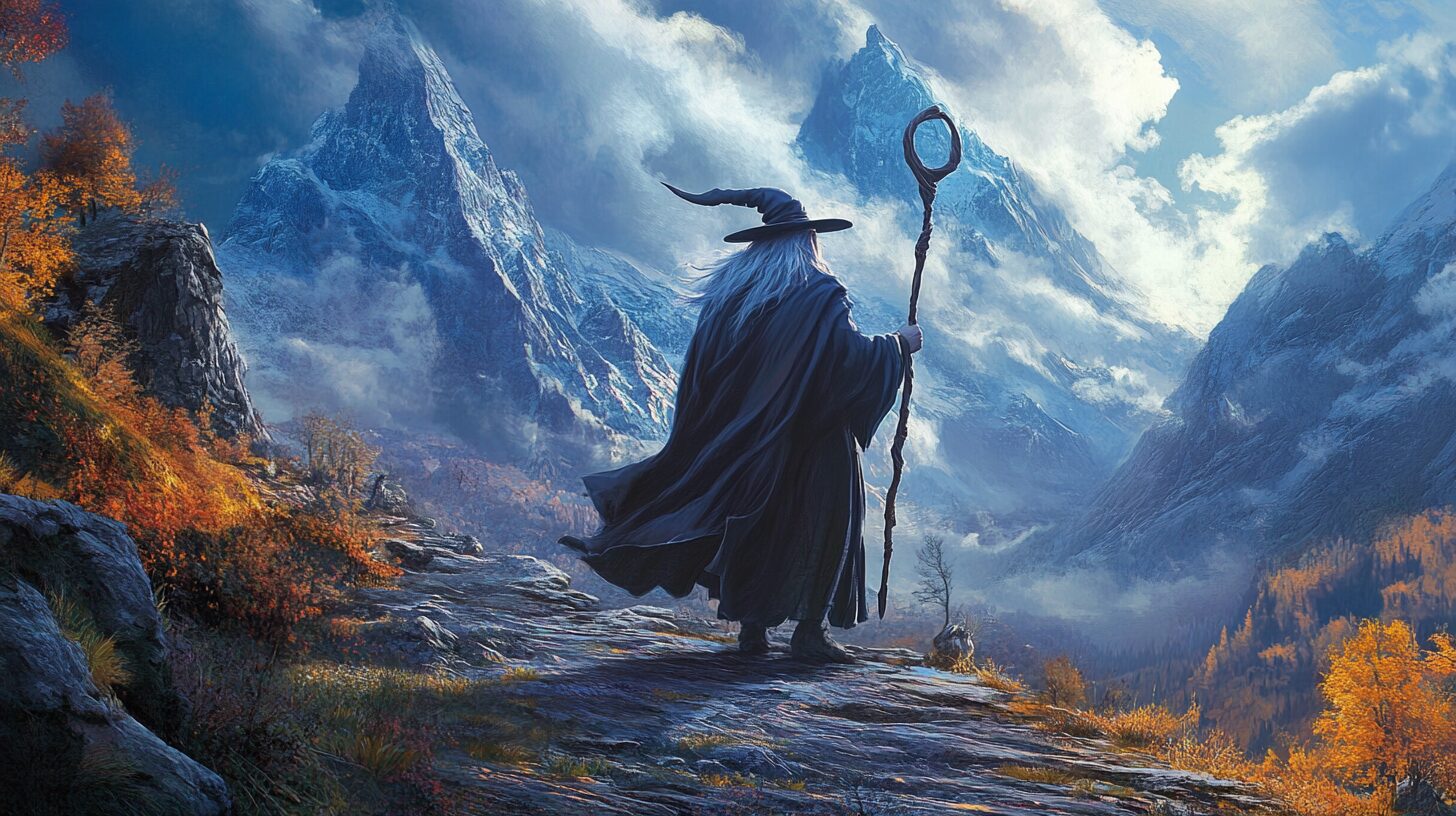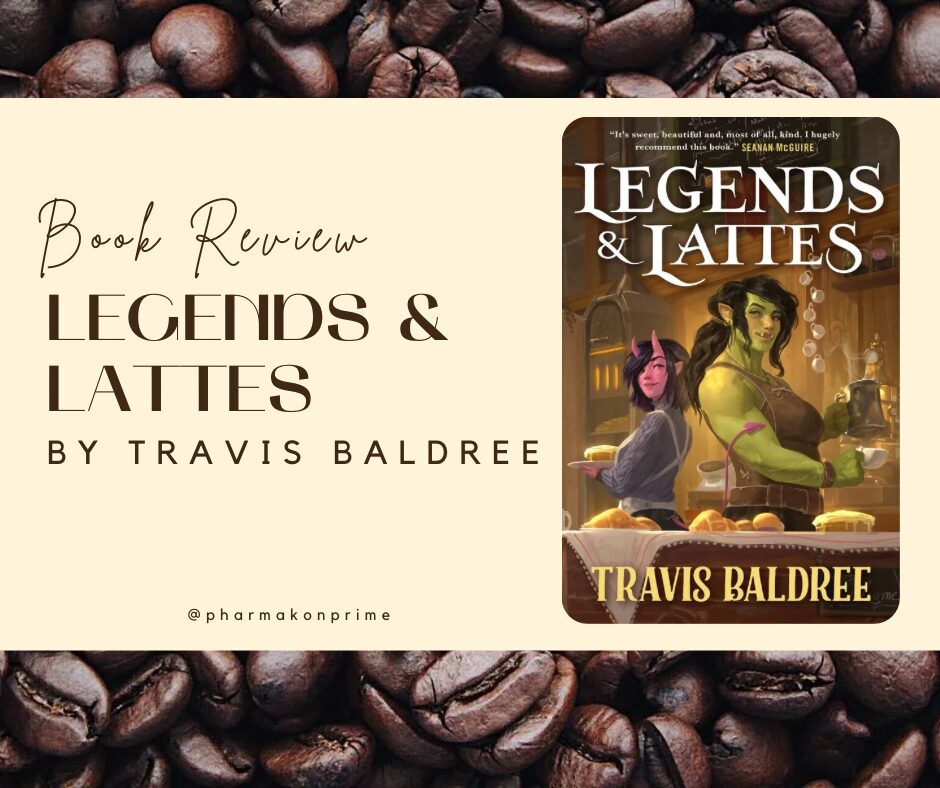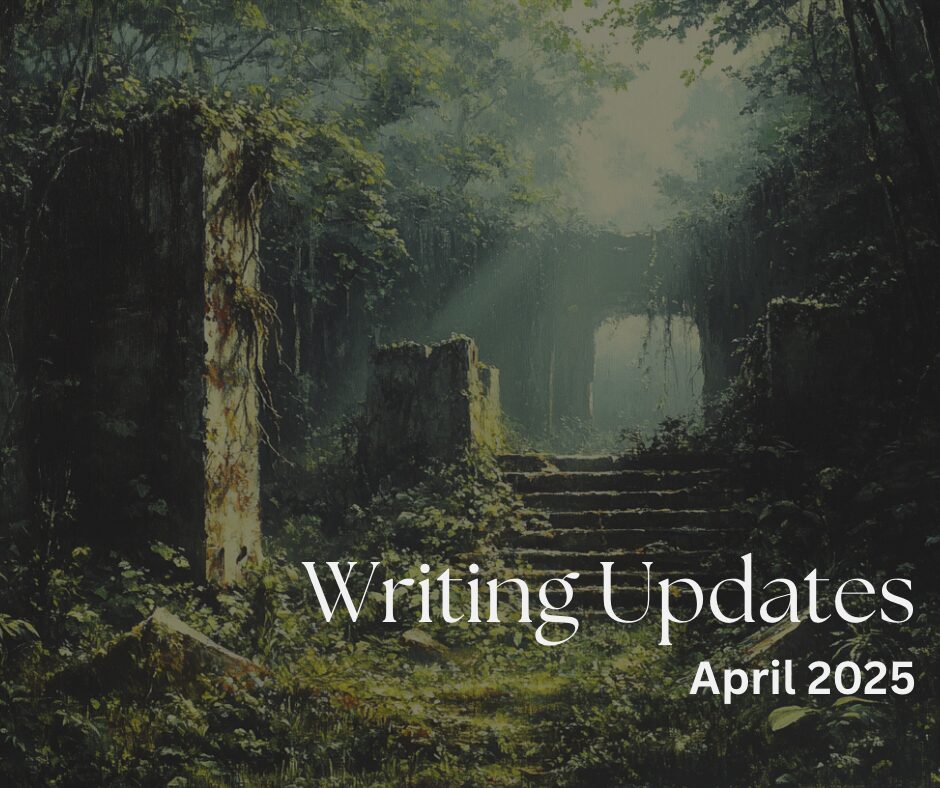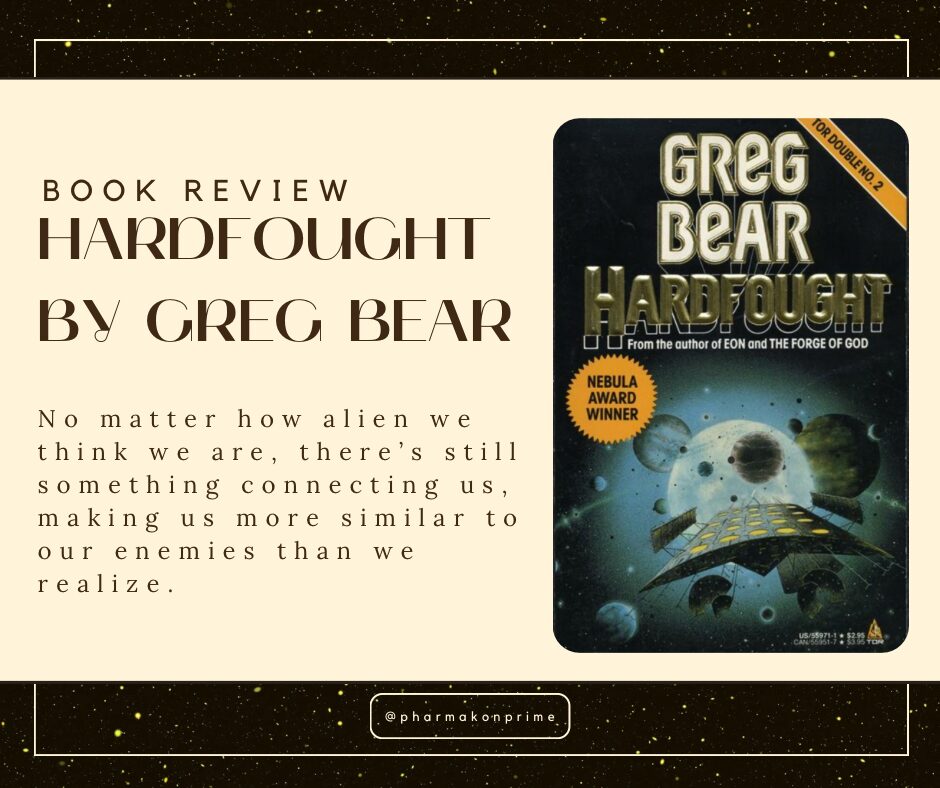Fantasy tropes and fantasy clichés can be seen as signals to a reader that they are in fact reading a fantasy book. But if every single author writes about a prophecy about a young farm boy whose job it is to find a magical thingamabob with the aid of a wise old wizard, readers are going to get bored.
Here’s a list of six fantasy clichés that are found in a lot of fantasy stories and how you might try to avoid them in your own writing.
(This post contains affiliate links. If you click on one, I may earn a commission at no cost to you. Thanks for your support!)
The Chosen One

- What Is It? The Chosen One is a main character who is destined–often through prophecy–to save the world. Harry Potter, Anakin Skywalker from Star Wars, Rand al’Thor from The Wheel of Time, and Shea Ohmsford from The Sword of Shannara trilogy are all good examples of this trope. While this can be a compelling archetype, seeing it over and over again can get pretty old. I know I’m kind of sick of it.
- How to Avoid It: Avoiding the Chosen One trope can be as simple as taking away the “destiny” element: let the future be uncertain. Let failure be a possibility. You’ll also have to come up with a different explanation than a prophecy for why your character got sucked into the adventure.
The Evil Dark Lord

- What Is It? Evil Dark Lords that are evil for the sake of being evil: Voldemort and Sauron are prime examples of this cliché. In some stories that focus on good vs. evil, the Dark Lord is meant more as an embodiment of evil rather than as a fully functional character, and that works for those stories. For others, though, it can make the story seem a bit shallow. A Pixar exec at one point said that most people don’t wake up in the morning thinking, “Ah yes, what evil can I do today?” Most people think they are the good guys in their story.
- How to Avoid It: Instead of seeing my characters as heroes and villains, I prefer to look at my characters as protagonists and antagonists: basically a character that we follow and root for, and a character whose goals are at odds with the protagonist. It gives the “bad guy” a reason for existing and motivations that drive their actions. This also makes them easier to write because I understand why they would do something evil. In my Realm War Chronicles series, the antagonist Fafnir is a powerful demon lord, but he isn’t evil just for the sake of being evil. He has a goal that he is working towards–a goal that Cadmus Brand, the protagonist, is working very hard to foil.
The Magical Artifact Quest

- What Is It? A magical artifact quest is any storyline where the characters go on a quest to find a magical McGuffin or do something with a magical McGuffin. Think The Lord of the Rings and the One Ring, Harry Potter’s three Deathly Hallows, the Orb of Valir from The Belgariad by David Eddings, etc. This is a much-used and well-loved element of fantasy stories. As with all of the clichés on this list, overusing the Magical Artifact Quest can make stories feel repetitive and boring.
- How to Avoid It: There are a couple of ways you can avoid this cliché. For one, you can do away with a magical artifact entirely. Instead, pick a different story archetype other than The Quest. Kevin J. Anderson writes a series of zombie detective books, Dan Shamble, Zombie P.I., that combine urban fantasy with mystery. If you’re set on having a quest, you can give the artifact unintended or dangerous consequences, or have it exact a terrible price from the characters. For example, Brandon Sanderson plays around with and subverts this trope in his Alcatraz vs the Evil Librarians series with the main character’s magical ability, the Dark Talent.
Overused Races (Elves, Dwarves, Orcs, etc.)

- What Is It? Thanks to Tolkien’s amazing world-building of Middle-Earth, everyone adores elves, dwarves, and orcs. But when you’ve seen them in everything from World of Warcraft to The Sword of Shannara and everything in between, it gets pretty boring.
- How to Avoid It: Again, there are a couple different ways you can avoid this fantasy cliché. You can avoid them all together by creating your own races (such as the many aliens of Star Wars), or you can twist them into something of your own. I particularly enjoyed how The Witcher series dealt with elves. While they were beautiful and tall like Tolkien’s elves, Sapkowski made the elves into aloof, haughty creatures, and created developed mistrust between the races. It felt different because the dynamics were different–the story was less about good vs. evil and more about dealing with the evil within everyone.
The Farm Boy Hero

- What Is It? Whether it’s Garion in The Belgariad or Rand al’Thor in The Wheel of Time or Luke Skywalker in Star Wars, farm boys are popular protagonists in fantasy stories. And it makes sense: many fantasy stories follow the Hero’s Journey religiously, which requires the protagonist to be relatively naïve and inexperienced in the ways of the world. Young boys have a lot of growing up to do, which can serve as a built-in character development arc. It can be inspiring to watch a kid grow up into a powerful wizard. However, if everyone’s protagonist is a farm boy, it gets pretty repetitive. Surprisingly, there are more kinds of people in the world than twelve-year-old farm boys.
- How to Avoid It: This might seem obvious, but pick a protagonist that isn’t a farm boy. Pick a different gender, make your character an adult, have them born into wealth instead of poverty, or start at a different point in the Hero’s Journey, perhaps after they attempted some grand quest and failed.
The Wise Old Mentor

- What Is It? In the Hero’s Journey, a popular roadmap for authors, the wise old mentor is the one that guides the young chosen one on his way through his quest. They are often wise old men with magical abilities. Gandalf, Dumbledore, and Obi-Wan Kenobi are two of the most well-known mentors in fantasy and science fiction.
- How to Avoid It: Mentors are great, but they don’t all have to be old men. They can be women, or young, or a different race or species. The only thing they really need is more experience than the protagonist in a certain area. Plo Koon from Star Wars is a great mentor to Ahsoka in the Clone Wars. Jacob Finn fulfills the role of mentor to my protagonist in Muspell’s Sons, but he also becomes a good friend of Cadmus Brand’s.


Conclusion
While fantasy tropes and fantasy clichés can be useful in writing stories, it’s a good idea to avoid or reimagine them in order to breathe new life into your writing. This can help you stand out among so many other authors, and will be more interesting for you to write as well.



